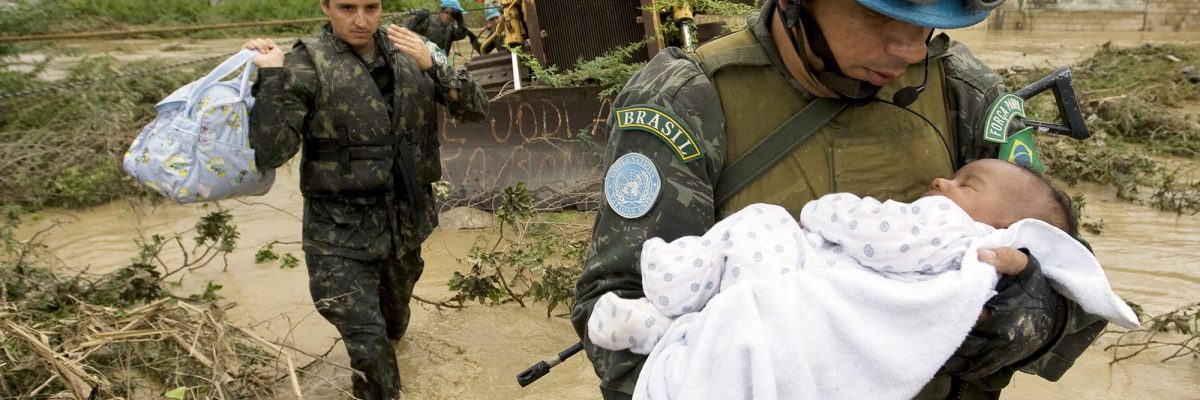Issue Management Group on Environment and Humanitarian Action

The need for humanitarian assistance has been growing in an unprecedented manner.
While the causes of many urgent humanitarian situations are political, climate change and natural resource degradation are primary intensifiers of humanitarian crises.
Action is needed in support of more environmentally sound humanitarian response.
At their 23rd Meeting in September 2017, the EMG Senior Officials welcomed the organisation of a Nexus Dialogue on the integration of the environment into humanitarian action, and encouraged the establishment of an Issue Management Group based on its outcomes. The EMG was considered well positioned to elevate the issue of environment and humanitarian action to a higher level as efforts to integrate environment continue at a local level and across responses.
The Issue Management Group on Environment & Humanitarian Action will serve as a platform for an established UN-wide collaboration process to engage relevant organisations in the humanitarian and environment sectors in sharing expertise at the policy and programme level.
The objectives of this IMG are as ambitious as they are necessary, and they involve, but are not limited to, enhancing access to guidance, tools, standards and collaboration mechanisms related to environmental assessments and good practices in humanitarian action; promoting a common approach to environmental safeguards and project-level environmental assessment tools for humanitarian action; supporting the UN system in making better informed decisions on humanitarian interventions by visualizing hidden costs and externalities of inaction and highlights benefits of integrating environment in humanitarian action; and preparing advocacy material, i.a. on the effects of climate change on humanitarian outcomes.
The IMG on Environment & Humanitarian Action is composed of UN entity focal points nominated by EMG members and is open to observers from academia and NGOs whose knowledge, activities, expertise will be relevant to IMG workstreams.
The Terms of Reference for the Issue Management Group on Environment and Humanitarian Action can be found here; while the report of the first IMG meeting is available here.